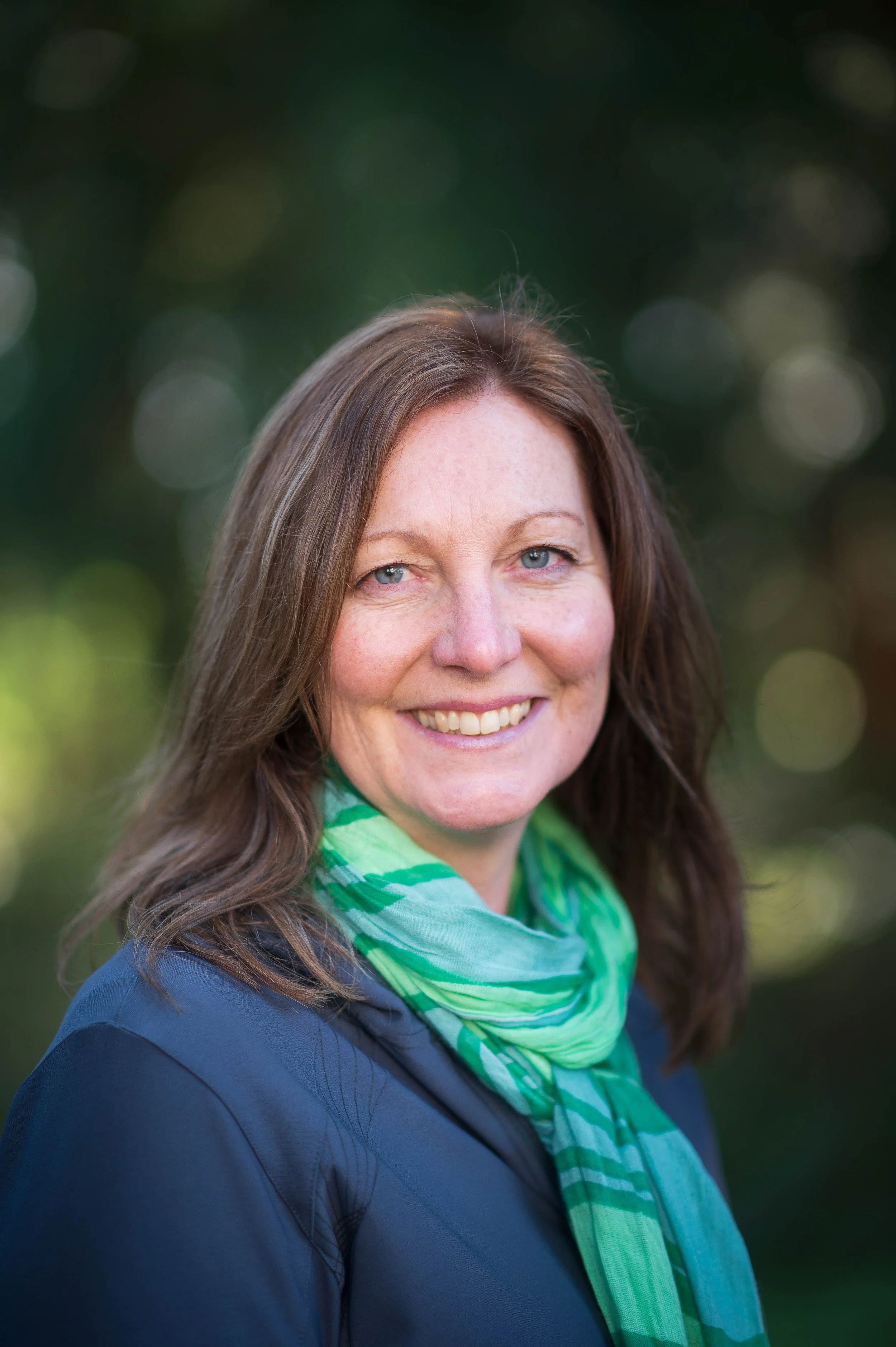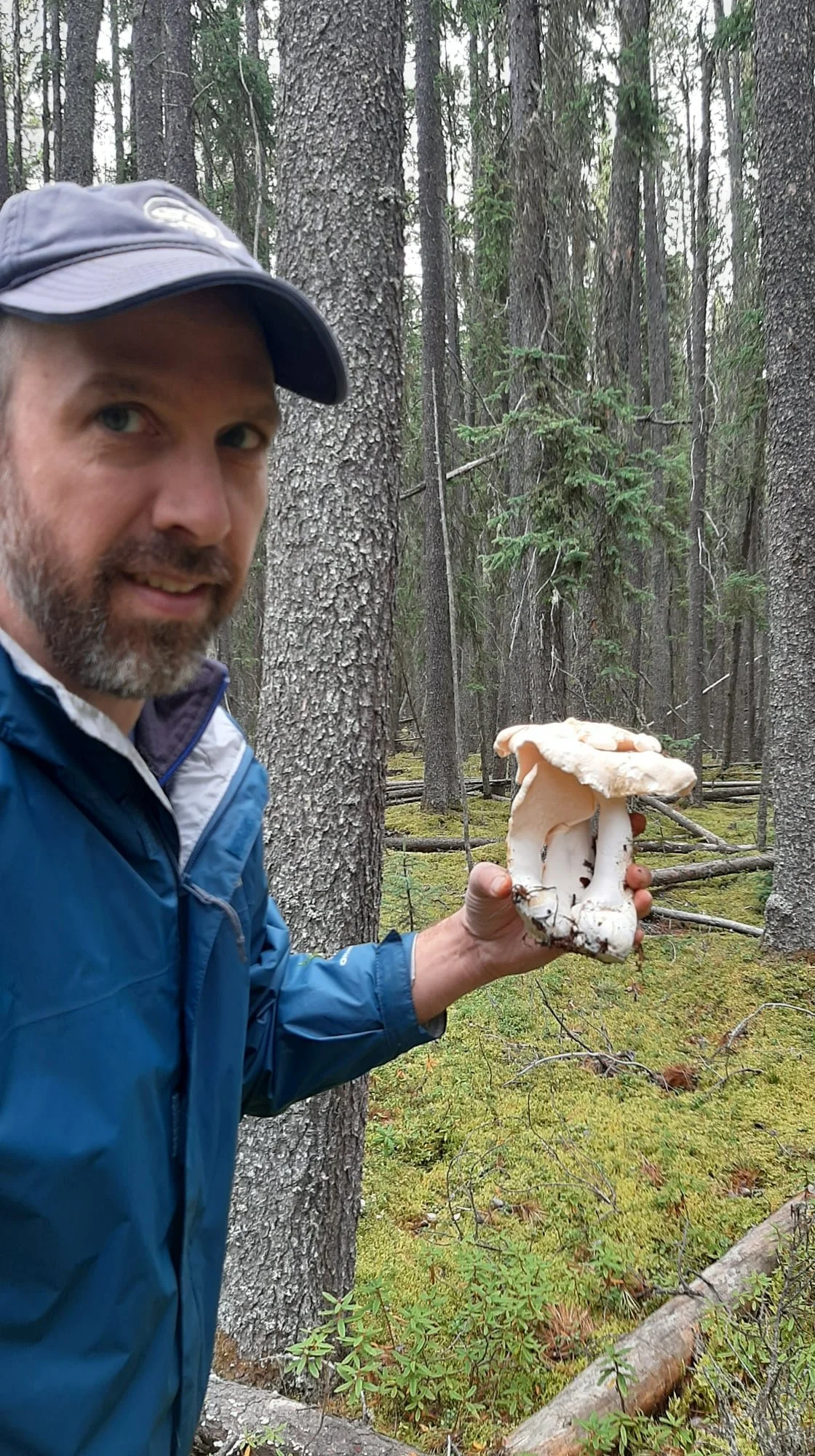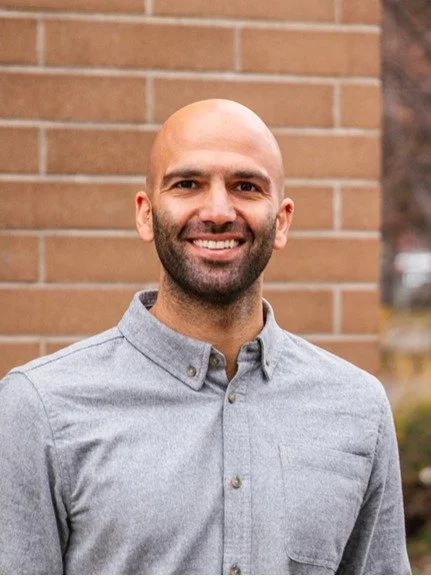KEYNOTE SPEAKER & PANELIST
Dr. Lori D. Daniels
Koerner Chair for Centre of Wildfire Coexistence
Department of Forest and Conservation Sciences.
Faculty of Forestry, University of British Columbia.
Dr. Lori Daniels is the inaugural Koerner Chair of the Centre for Wildfire Coexistence in the Faculty of Forestry at UBC-Vancouver.
Lori investigates the impacts of natural and human disturbances and climate change on forests. With her research team, she has on-going projects on wildfires, forest dynamics, and social-ecological resilience to climate change across British Columbia. Her enduring partnerships with all levels of government, First Nations, community forests, environmental organizations, and forest managers ensure her scientific advances are translated to active conservation, restoration and management.
To share with the public, she has given more than 400 media interviews on wildfires and their impacts on forests and communities. She is among the 150 Canadian Scientists recognized for research shaping new frontiers and making our world a better place (#150Scientists). An award-winning professor and researcher, in 2025, she was honoured to receive the King Charles III Coronation Medal for public service to Canada.
PANELISTS
Marc-André Parisien
Marc-André Parisien is a research scientist at the Canadian Forest Service, Northern Forestry Centre, (Edmonton, Alberta) where he has been working with the fire research group since 2000.
He was trained as a forest ecologist and holds a BSc from McGill University, a MSc from l'Université du Québec à Rimouski, and a PhD from the University of California, Berkeley.
His research on wildland fire is focused on understanding biophysical controls on fire regimes, mostly within the boreal biome of North America. He has authored over 130 peer-reviewed publications and his work has been featured in the scientific and popular media
Dinyar Minocher
Dinyar started his career as a field biologist before transitioning to wildfire, where he served on crew for the province of Alberta and later with Parks Canada as a crew member and fire management officer at Grasslands National Park. In recent years, he was one of the founders and led the development of the Canadian Prairies Prescribed Fire Exchange, fostering collaboration in fire stewardship among underrepresented communities within the wildfire space, including land managers, communities, and conservation groups.
Now, as Director of TRU Wildfire, he works to integrate research, education, training, and innovation into climate-adapted wildfire solutions, building capacity for collaborative and inclusive wildfire management in British Columbia and beyond.
NRESi Talk
Dr. Violet Zhao
Assistant Professor, University of Northern British Columbia
Dr. Zhao studies disturbance and forest ecology, integrating fire ecology, entomology, and dendrochronology to understand how forests respond to wildfire and insect outbreaks in a changing climate. She also uses applied modeling to improve forest monitoring and resilience assessment. She earned her PhD in Forest Ecology and Management from the University of Alberta and enjoys hiking and snowboarding in her spare time.
Talk: Resilience or Reassembly: Fire–Vegetation Feedback in Nahanni and Nááts’ihch’oh National Park Reserve
Northern Canada has warmed nearly three times the global average since 1950, making it a critical region to study fire–vegetation interactions. Surveys from 2022–2023 in Nahanni and Nááts’ihch’oh National Park Reserve show post-fire shifts in species dominance, stable growth rates in conifers, and region-specific recovery patterns influenced by ecoregion, topography, and fire severity. Remote sensing and field data suggest forest cover may recover after 30 years, highlighting the complexity of northern forest dynamics under climate change.



